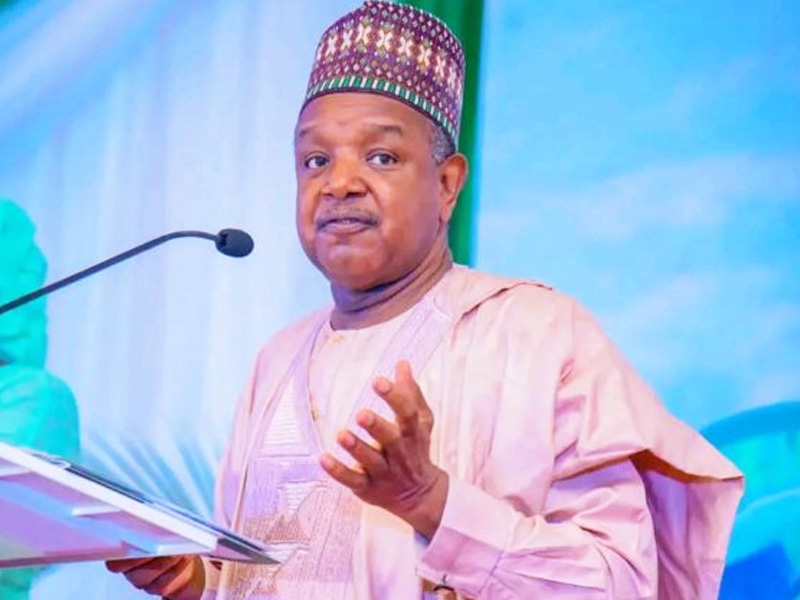Minister of Budget and Economic Planning, Senator Abubakar Bagudu, recently illuminated the significant economic strides made by northern states under President Bola Tinubu’s administration, citing substantial improvements in revenue allocation and a notable reduction in public debt. This positive shift is attributed to the president’s bold and strategic economic reforms, which have aimed to reposition the nation’s fiscal landscape and empower subnational governments with greater financial autonomy.
Delving into the specifics of this financial turnaround, Minister Bagudu highlighted a dramatic increase in the total net statutory revenue and Value Added Tax (VAT) allocation to states and local governments. He reported a surge from N458.81 billion in May 2023 to an impressive N991.81 billion by June 2025, representing an extraordinary increase of N533 billion, or 116.17 percent, across the entire federation. This influx of funds has provided a critical boost to states’ capacities for investment and development.
Beyond augmented revenue, the administration’s fiscal policies have also led to a significant reduction in state indebtedness. The collective debt portfolio for all 36 states and the Federal Capital Territory (Abuja) saw a 33.4 percent decrease, falling from N5.8 trillion to N3.8 trillion. Particularly impactful for the northern states, this region experienced a remarkable 42.06 percent debt reduction, shrinking their collective liabilities from N1.98 trillion to N1.14 trillion during the same period, freeing up substantial resources for essential services.
A cornerstone of these economic reforms has been the contentious, yet impactful, removal of the fuel subsidy. While acknowledging the short-term economic pains, Bagudu underscored how this decisive action liberated trillions of naira, enabling a substantial expansion of federal allocations by over 340 percent. This fiscal policy adjustment has allowed for the direct transfer of more oil revenues to the Federation Account, consequently boosting statutory allocations to all subnational governments across Nigeria.
The benefits of these policies have been particularly pronounced in the Northern Development landscape. Bagudu cited specific examples such as Gombe State, which saw its allocation jump from N6.69 billion in May 2023 to N24.91 billion in 2025, a 272.35 percent increase. Kaduna State also experienced a significant rise from N11.94 billion to N42.01 billion, marking a 251.84 percent leap. Regionally, the North-central, North-east, and North-west zones recorded revenue allocation increases of 145 percent, 149 percent, and 143 percent, respectively, demonstrating a broad-based economic uplift.
Minister Bagudu’s clarifications came amid recent allegations of infrastructural bias against the president by some Nigerian politics figures from the North. His remarks were made during a crucial engagement with key northern ministers, governors, federal political appointees, and thought leaders, including the Arewa Consultative Forum (ACF). This gathering served to evaluate President Tinubu’s election promises to the region, providing a platform for data-driven discourse on the administration’s impact.
The outcomes of the administration’s Tinubu Administration economic reforms extend beyond just financial metrics. Bagudu emphasized a comprehensive approach to addressing economic, social, and governance challenges. He highlighted the revitalisation of over 1,003 primary healthcare centres within two years, with 10 upgraded medical warehouses strategically located in the North. This underscores a commitment to improving quality of life and fostering sustainable development across the region.
A communique issued after the engagement commended the Tinubu Administration for its high performance in areas like security and infrastructural development, citing projects such as highways, gas pipelines (AKK), and oil exploration (Kolmani). While acknowledging progress, the communique also called for substantial investment in education to address the out-of-school children crisis, particularly in the North, and advocated for the institutionalization of government-citizen dialogue to promote responsible governance and continued collaboration between states and the federal government.






Leave a Reply